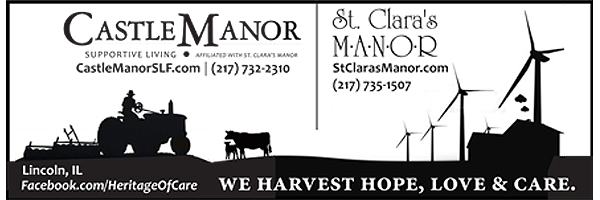| |||||||||
| |||||||||
"I couldn't have called them on it if I wasn't there to begin with," he reasons with a laugh. "You got to be there to see it!" Having been seen, the path to a book that would skewer it was blazed by McCall's daughter, Amanda, a writer who happened to work at "Late Show." "I would yack to her about what I was seeing in Montana," Letterman says. "I don't know if she knew I was campaigning for her dad to do this project, but she knew I loved his work." She took the hint and became the vital go-between. As her father reports with customary bluntness, "One day she said to me,
'Dave has a ranch in Montana and he's sick of seeing all these nouveau riche egomaniacs build huge mansions and reroute rivers and cut down forests and otherwise blight the landscape, and he wanted to make fun of it. He thinks you'd be the right guy to visualize it.'" \McCall, a fireplug of a chap with a wispy beard and a deadpan manner, is holding forth in the comfortable Upper West Side apartment he shares with his wife, Polly, a psychotherapist, where his creations issue from a studio he wryly describes as "an extra bedroom
-- hardly an atelier." Letterman, he makes clear, "admires my work way too much. I never went to art school, never had a lesson. I don't know anything about art." Today a self-described Canadian expat, McCall grew up in southern Ontario as one of six siblings with "a horribly unhappy home life. My mother was an alcoholic, my father was a tyrant. We were poor. We had no space, we had no joy. I escaped by drawing pictures and writing stupid stuff to entertain myself." His all-important lodestar: a cache of back issues of The New Yorker, to which his parents subscribed. "I found them one day when I was 11 years old in the closet, lovingly bound," he recalls. "So sophisticated, funny and sharp! It made me aspire to live in that world." A career in commercial art and advertising (which he hated) eventually brought him to New York (which he loved), where he began freelancing on the side. Twenty years ago he took the plunge to full-time illustrating and writing, landing many assignments, including a plum contract from
-- where else? -- The New Yorker. "But I work alone," he notes. "I don't collaborate with anybody. So originally I thought,
'How's this book gonna work?'" Really well. "It was a field day for me to come up with ideas that were visually striking that I could tie to an environmental disaster of one kind or another." Even so, the back-and-forth collaboration took several years. McCall would dispatch his daughter with a new round of material, "and then," says Letterman, "we would make changes and suggestions and add or take out a line, and send it back to him. It started simply with a few sketches, and pretty soon there was a giant portfolio. And now here we go: the thing is published!" Now that "This Land" is out, will its satire strike a blow for saving the planet? Will it raise the public's consciousness about the writer-illustrator Letterman calls "revelatory"? Any of that would be nice, Dave allows. But it was never his main goal. "The idea of this book was just to get more Bruce McCall drawings created," he says. "So I succeeded there."
[Associated
Press;
Copyright 2013 The Associated Press. All rights reserved. This material may not be published, broadcast, rewritten or redistributed.
